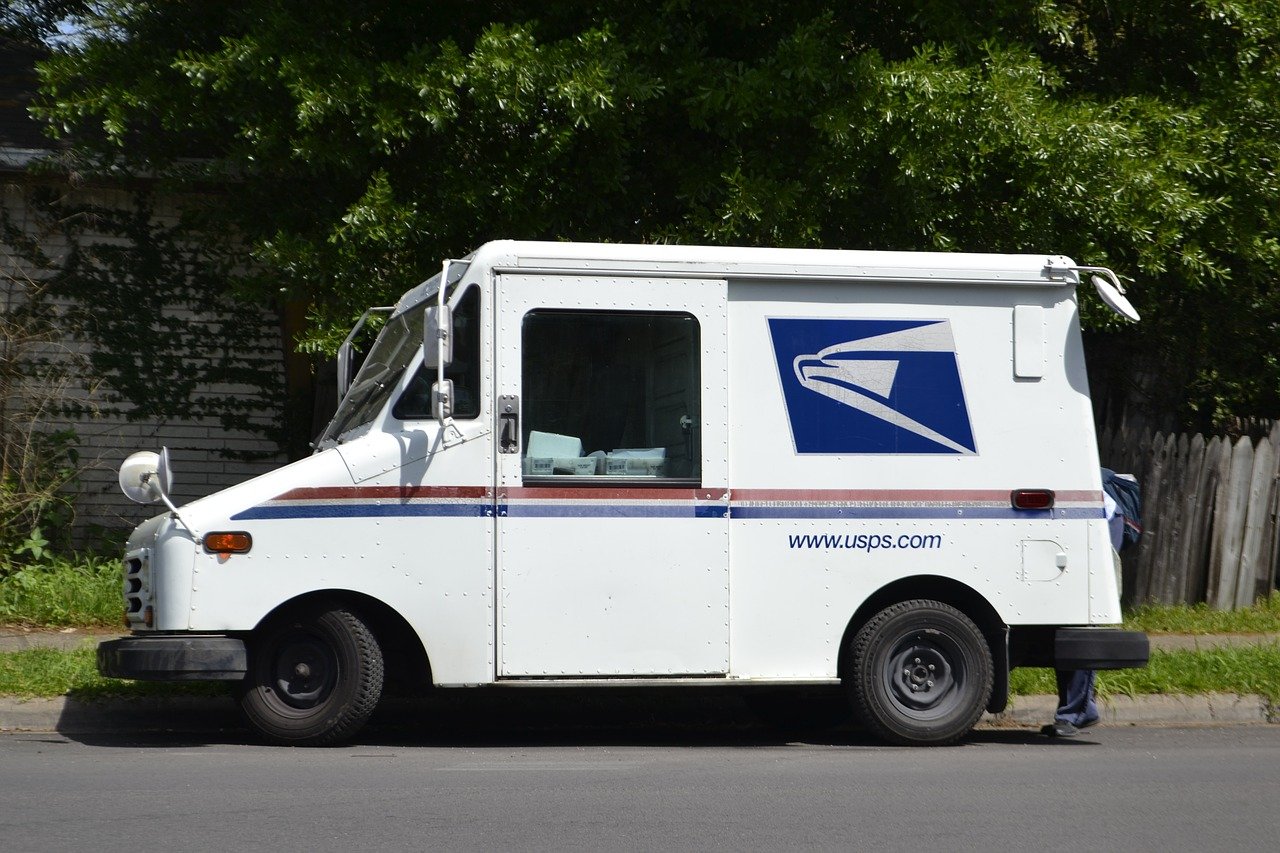
The U.S. Postal Service (USPS) on Wednesday released its final rule on the mailability of vapes, asserting that even devices designed for federally legal hemp derivatives like CBD generally cannot be shipped through the U.S. mail.
The agency has been developing the regulations to comply with a bill passed by Congress last year that is mostly aimed at stopping nicotine vaping devices from being mailed—though it has broader implications. Despite significant public comment on an earlier proposed version of the rules that urged USPS not to interpret the law in a way that restricts hemp businesses, the agency ultimately said that cannabis vapes fit the definition of what lawmakers moved to ban.
There are some exceptions, but stakeholders are disappointed by the final rule.
During public comment, some argued that the bill was specifically meant to restrict mailing of nicotine-based vapes. But while the legislation refers to limitations on “electronic nicotine delivery systems,” or ENDS, it defines that term as “any electronic device that, through an aerosolized solution, delivers nicotine, flavor, or any other substance to the user inhaling from the device.”
USPS explained in the rule, which is set to be published in the Federal Register on Thursday, that by the letter of the law, that includes hemp and marijuana vapes.
“It goes without saying that marijuana, hemp, and their derivatives are substances,” the agency said. “Hence, to the extent that they may be delivered to an inhaling user through an aerosolized solution, they and the related delivery systems, parts, components, liquids, and accessories clearly fall within the [Preventing Online Sales of E-Cigarettes to Children Act’s] scope.”
Other commenters argued that USPS shouldn’t impose the restriction on cannabis products because the ban could conflict with state or local marijuana laws—or because Congress has approved spending legislation that prohibits the use of Justice Department funds for interfering in state-legal medical cannabis programs.
USPS said those arguments are not valid because, 1) it’s part of the federal government and is, therefore, unaffected by state or local marijuana policies and 2) it’s not part of the Justice Department, which is the only branch of the government restricted by the state protection rider in appropriations legislation.
The agency further clarified that hemp containing up to 0.3 percent THC is federally legal and is generally mailable, but only “to the extent that they are not incorporated into an ENDS product or function as a component of one.” As such, while business can generally mail out legal hemp-derived products, that’s only the case if they are not vaping products covered under the new law.
“The POSECCA and the Agriculture Improvement Act overlap, but they do not conflict. The Agriculture Improvement Act merely excludes certain products from the CSA. It does not affirmatively declare hemp and hemp derivatives to be mailable in any and all circumstances, superseding all other relevant laws (such as the POSECCA). For its part, the POSECCA restricts the mailability of only certain hemp-based and related products; hemp-based non-ENDS products are unaffected, as are ENDS products falling within one of the PACT Act’s exceptions. That Congress has rendered some subset of a class of goods to be nonmailable while leaving the remainder mailable is not some sort of legal conflict, but, rather, how mailability regulation typically works.”






